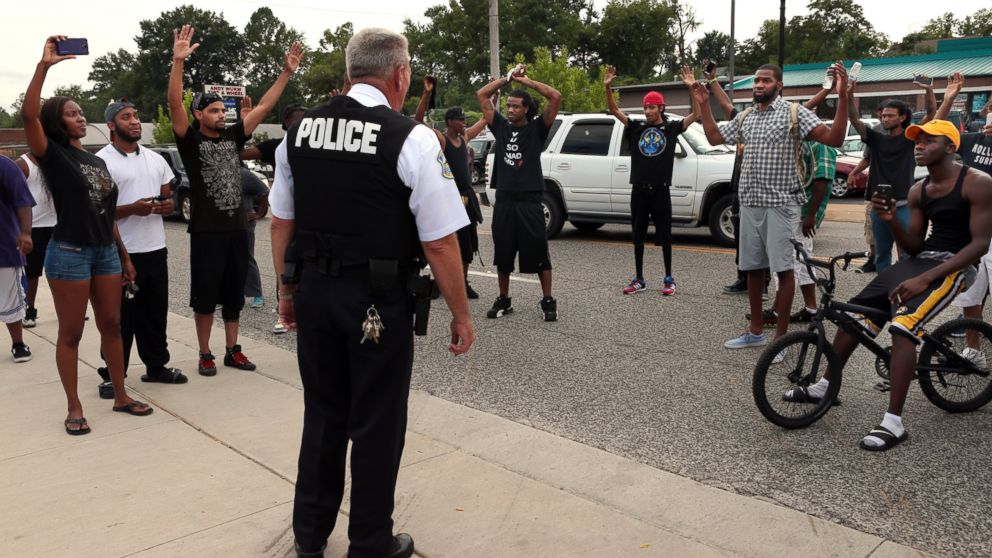Confirmation bias is a dangerous thing, so the Harvard economist Roland Fryer likes to stick to data, which can, of course, lead to some inconvenient truths. How about being an African-American scholar in the time of Ferguson who’s convinced that police in the U.S. are no more likely to shoot a black person than a white one?
Fryer’s argument, which he relates to John McDermott of the Financial Times, is that the numbers say officers harass and manhandle African-Americans in a disproportionate way, but actual lethal violence is proportionate among different race groups. The more minor and incessant acts of persecution persuade black folks that they are being shot far more often.
Well, I haven’t studied the numbers, but if this is true it should make us incredibly vigilant of the type racial profiling and serial intimidation that divides us. The so-called quality-of-life approach to policing has provided too much wiggle room for some to be targeted. Even Fryer himself acknowledges that he had guns pulled on him by police six or seven times during his youth.
An excerpt:
At a quiet table in the cavernous Hawksmoor Seven Dials, a branch of the high-end restaurant chain in central London, where the decor is brown and the meat is red, Fryer tells me how he spent two days last year on the beat shadowing cops in Camden, New Jersey. (On his first day on patrol a woman overdosed in front of him and died.) What Fryer wanted to figure out was whether the killings of Michael Brown and Eric Garner — two African-Americans whose deaths led to widespread protests — were part of an observable pattern of discrimination, as activist groups such as Black Lives Matter have suggested. After his week on patrol, he collected more than 6m pieces of data from forces such as New York City’s on cases of blacks, whites and Latinos being victims of police violence.
The graph he passes between the salt and pepper displays his provisional findings. The horizontal axis is a scale of the severity of the violence, from shoving on the left all the way to shootings on the right. The curve starts high, suggesting strong differences in minor incidents, but descends to zero as the cases become more violent. In other words, once contextual factors were taken into account, blacks were no more likely to be shot by police. All of which raises the question: why the outcry in 2014 in Ferguson, Missouri, where Brown was shot?
“That’s the data,” Fryer says. “Now one hypothesis for why Ferguson happened — not the shooting but the outcry — was not because people were making statistical inference, not from whether Michael Brown was guilty or innocent but because they fucking hate the police.” He continues: “The reason they hate the police is because if you spent years having hands put on you and [being] pushed to the ground and handcuffed without proper cause, and then you hear about a [police] shooting in your town, how could you believe it was anything but discrimination?”•
Tags: John McDermott, Roland Fryer

